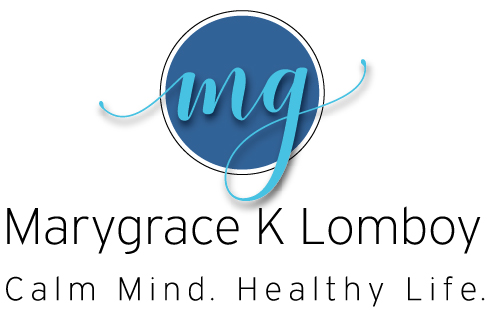The COVID-19 pandemic has changed the lives of people throughout the world in the past several weeks. It has really turned our world upside down. The chronic effects of stress, worry and uncertainty, learning new ways of working from home, job layoffs and financial worries, isolation from families and friends, and the growing numbers of people getting sick would have anyone’s sleep being disrupted.
Issues range from trouble falling asleep or the 3 AM waking in the middle of the night, with your mind and thoughts going, heading down that highway of distress, with no exits for us to get off…that may be how it goes for us right now. The next morning we are tired, cranky and more anxious. The cycle continues to the next day and night…
What we must remember through this COVID crisis that the one thing we can control is to practice good self-care. We must take care of ourselves and listen deeply to what our bodies need right now. It is crucial to do your part in staying as healthy as you can, and that includes proper sleep. Getting a sufficient amount of good quality sleep (which is different for all people) helps to boost the immune system, reduces the risk of infection and can actually improve outcomes for people fighting a virus.
Here are some helpful tips in improving your sleep during this most challenging of times…
Limit the amount of screen time prior to going to sleep. The blue light from the screens tells our brain to stop producing melatonin (our sleep hormone), which can lead to trouble falling asleep
Try to keep a schedule while at home, avoid taking long naps that may disrupt your nighttime sleep cycle.
Monitor intake of caffeine and alcohol.
Create a soothing ritual for yourself prior to sleep, such as taking a bath, reading a book, or meditation.
Limit media exposure, especially prior to going to sleep!
Take time to connect with others, we may be social distancing, but that doesn’t mean we have to socially isolate. We need each other right now!
Try using a weighted blanket, which may help to improve the quality of your sleep.
Try this mindfulness exercise to help relax the autonomic nervous system…
20 Breaths Practice: This is a simple practice to help you create a powerful moment of relaxation and parasympathetic response in the middle of feeling stress and anxiety. By practicing this, you will discover that you have a calming natural resource within yourself that is never farther away than your next breath!
Here’s how to do it…
Come to a complete “FULL STOP” of whatever you are doing or thinking…this practice needs your full attention!
Take in one breath, giving it your complete and full attention, noticing the inhale, the pause on the end of the inhale, and then the exhale and the slight pause on the end of the exhale. Repeat this for 20 breaths, (you can use your fingers to count) but taking one breath at a time. Don’t try to change the rhythm of your breath, just breathe naturally. The practice is about staying with each breath, watching steady and with great attention, not thinking about the last breath or future breaths, just this present moment breath.
When you are practicing the 20 breaths exercise, each breath is a separate event, each breath is different and gets separate attention.
If your mind gets distracted, possibly wandering into the past or leading into the future just simply notice that it’s distracted, and then gently bring yourself back to the next breath.
Each breath is a chance to take a fresh start! No worries!
Add a layer of gentleness and kindness to yourself during this 20 breaths practice…
You may notice that you feel very relaxed and may actually fall asleep while doing this practice.
This is a practice, so the more you do this, the more effective it will become. Continue to try the 20 breaths exercise regularly to activate relaxation, rest and hopefully a better night’s sleep!

